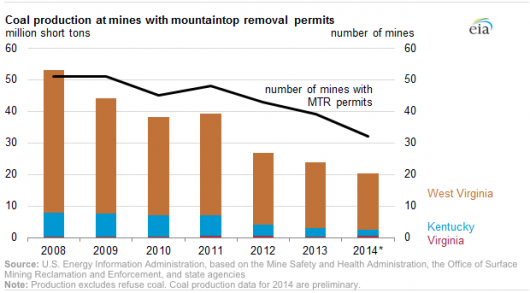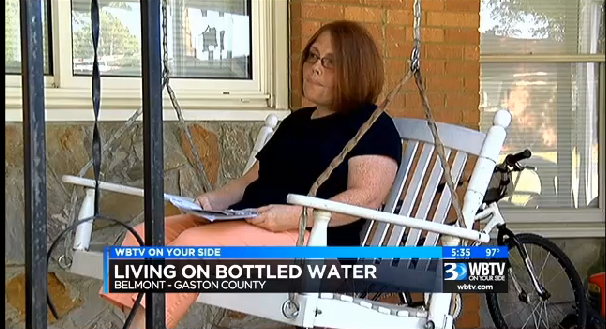Cleaning Up Coal Ash
For well over a century, power plants across the country have burned coal to generate electricity. And for just as long, leftover coal ash has been dumped in open, unlined pits near the power plant, usually located on a river or lake. Every year, U.S. power plants produce 130 million tons of coal ash, which is the second largest waste stream in the country after municipal garbage.
Coal ash concentrates the toxic heavy metals found in coal, including arsenic, mercury, lead and selenium. Stored in unlined, wet impoundments, coal ash has been leaking these toxics into our groundwater and surface waters for years. Sometimes these impoundments collapse — with disastrous results.
Yet government regulations for coal ash management are either non-existent or sparse, and there is little enforcement of the regulations that do exist. In North Carolina, this lack of oversight — and the complicity between state regulators, elected officials and Duke Energy — came to a boiling point in February 2014 when one of Duke’s coal ash impoundments spilled 39 million tons of ash into the Dan River.
Citizens living near North Carolina’s 33 coal ash impoundments — all of which have leaked — have fought for transparency from Duke and the state, and for cleanup of the pollution that threatens their property value, health and family. Their actions forced this issue into the headlines of news networks and to the forefront of environmental justice conversations in the United States.
Appalachian Voices stood with these communities as we worked for years to compel Duke Energy and the N.C. Department of Environmental Quality to excavate coal ash from all the North Carolina sites and dispose of it either in lined, dry landfills, away from waterways, or by recycling it for concrete or other uses, provided it’s done in a manner that protects public health and the environment.
On Jan. 2, 2020, North Carolina announced a historic settlement with one of the state’s most powerful corporations and polluters, Duke Energy. The settlement requires Duke to move nearly 80 million tons of toxic coal ash at six of its power plants to properly lined landfills onsite or recycle it.

Learn information about specific coal ash impoundments in the South, including health threats and safety ratings:
Additional Resources
Fact sheets, videos, links to academic research, and more
Sign Up to Act
Help us protect the health of our communities and waterways.
Latest News
A “golden opportunity” in disguise

Ison Rock Ridge and land ownership in Appalachia
Earlier this summer, our friends at Southern Appalachian Mountain Stewards celebrated the defeat of a proposed mountaintop removal mine along Ison Rock Ridge in Southwest Virginia. But although the imminent threat of mining is past, the land on Ison Rock Ridge is still owned by an absentee landholding company in the business of leasing out tracts to coal operators for mountaintop removal.
EIA: Mountaintop removal coal production down
The U.S. Energy Information Agency (EIA) published a blog post today showing that coal produced by mountaintop removal mining in Central Appalachia decreased by 62 percent between 2008 and 2014. Demand for Central Appalachian coal will continue to decline, making further progress inevitable. But we won’t end mountaintop removal by relying on the market alone.
“It’s just vitamins!” Industry confuses residents on coal ash safety
Duke Energy and the N.C. Department of Environment and Natural Resources continue to confound and confuse families that have the unfortunate luck of living in close proximity to the utility’s coal ash lagoons. So citizens and county officials are stepping in to help residents air their frustrations and, hopefully, to receive some answers.
A time of transition: APCo’s latest Virginia generation plan
It’s like Christmas in July, at least for those of us who get excited about energy news. On Wednesday Virginia’s utilities released their long-term plans to meet demand. Here we unwrap that bright shiny package for a look at what Appalachian Power is pursuing between now and 2029.
Groups Call on Va Utilities to Expand Clean Energy in Long-Range Plans
Contacts: Cale Jaffe, 434-977-4090, cjaffe@selcva.org, Southern Environmental Law…









